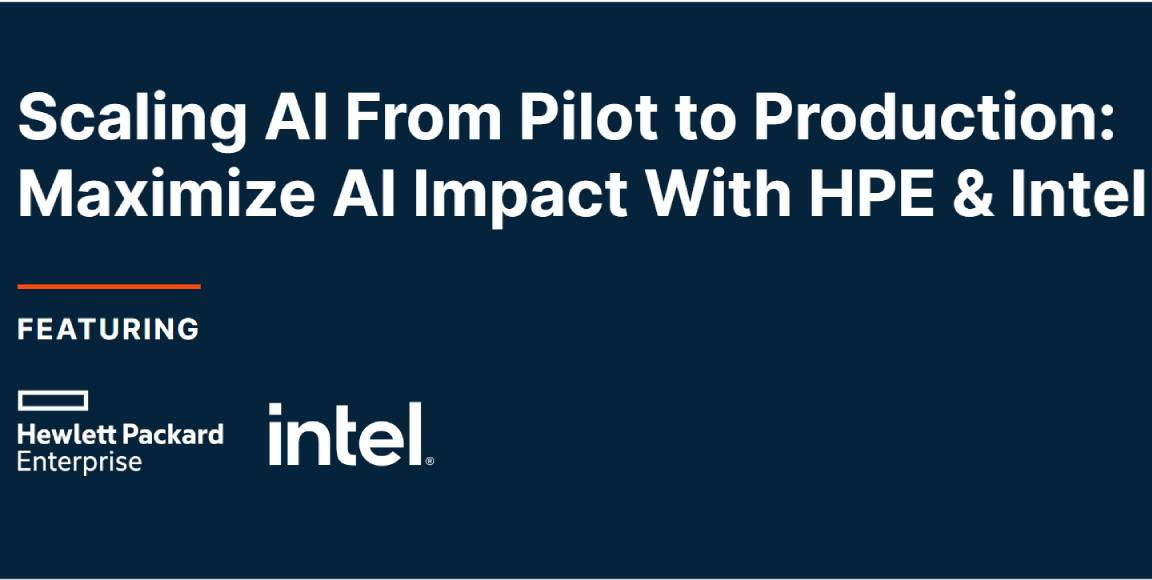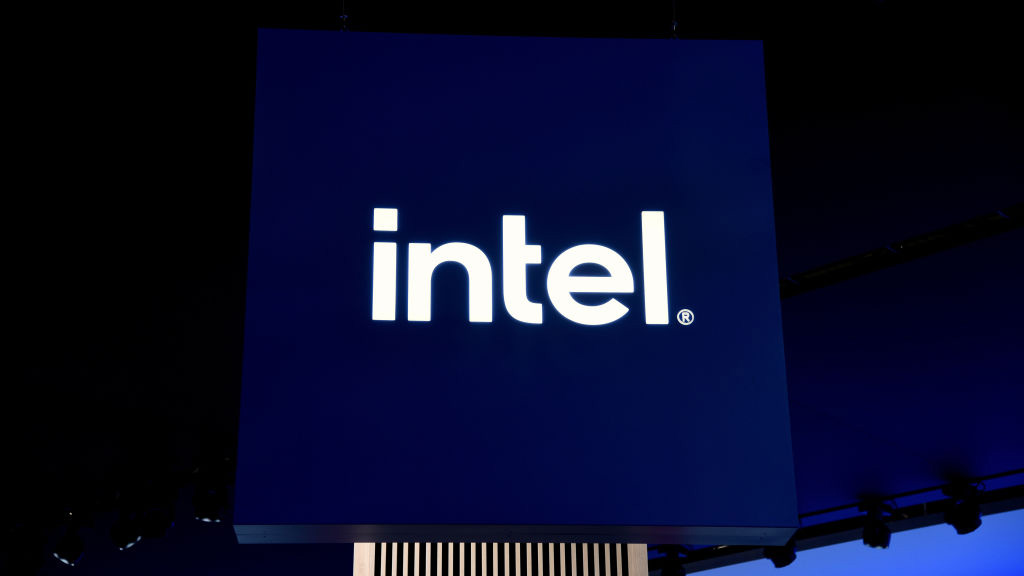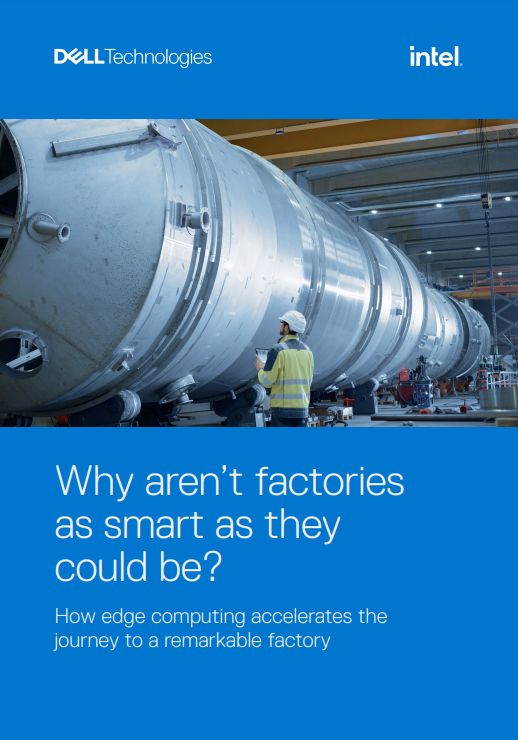Do modern users want phones from 1984?
Intel's context aware computing will help your devices learn everything they need to know about you, but does the modern day user want a big brother handset?


However, it is not just on a personal security level people may have concerns.
It was pointed out to Rattner that this type of information would be a godsend to companies to buy up and use to their advantage.
Again though, he claimed this was no different from what was already happening.
"I think it is clear that any number of companies, Google may in fact be the most innocuous of them, but there are plenty of companies out there that are collecting information about your financial transactions and offering that information to retailers or credit agencies," said Rattner.
"A lot of that information is already getting aggregated and we are really talking about a different kind of information that is much more about you as an individual."
Risk and reward
The conclusion the CTO came to was it was all a matter of the user deciding whether it was worth taking the chance with their data to benefit from what the technology on offer could do.
Sign up today and you will receive a free copy of our Future Focus 2025 report - the leading guidance on AI, cybersecurity and other IT challenges as per 700+ senior executives
"I think it is a risk/reward kind of trade off and you have to decide whether the risk you run of that information getting out exceeds the reward you get from having that capability," he said.
"I am not going to sit here today... and [say] that people are not going to accept that because in some ways they have already accepted a lot more."
The key to making this offering appealing though is the capability to opt in or opt out, making sure users still own their data and decide what they feel comfortable with sharing.
Rattner concluded: "I think we have to be careful and thoughtful as we engineer these things and make sure the confidentiality is designed in from the get go, but, on a collective basis, I think the majority of people are going to be comfortable allowing that information be out there."
There may not be a business plan set in stone for context aware computing at Intel but clearly there are lots of ideas how this technology can be used for revolutionary new products that would truly change people's lives.
However, whether that change is for the better or worse will be for the user to decide and the impact the technology could have on society will only occur if the user deems it appropriate.
Jennifer Scott is a former freelance journalist and currently political reporter for Sky News. She has a varied writing history, having started her career at Dennis Publishing, working in various roles across its business technology titles, including ITPro. Jennifer has specialised in a number of areas over the years and has produced a wealth of content for ITPro, focusing largely on data storage, networking, cloud computing, and telecommunications.
Most recently Jennifer has turned her skills to the political sphere and broadcast journalism, where she has worked for the BBC as a political reporter, before moving to Sky News.
-
 Hacker offering US engineering firm data online after alleged breach
Hacker offering US engineering firm data online after alleged breachNews Data relating to Tampa Electric Company, Duke Energy Florida, and American Electric Power was allegedly stolen
-
 Threat intel could be your secret weapon in cybersecurity sales
Threat intel could be your secret weapon in cybersecurity salesIndustry Insights Threat intelligence transforms cybersecurity sales from reactive product pitching to strategic advisory.
-
 Gaining timely insights with AI inferencing at the edge
Gaining timely insights with AI inferencing at the edgeWhitepaper Business differentiation in an AI-everywhere era
-
 Scaling AI from pilot to production: Maximize AI impact with HPE & Intel
Scaling AI from pilot to production: Maximize AI impact with HPE & IntelWhitepaper Transform AI proof-of-concepts into full-scale implementations
-
 UK supercomputer boom as HPE and Dell receive funding for new AI cluster
UK supercomputer boom as HPE and Dell receive funding for new AI clusterNews The UK’s AI computing capabilities will increase by an order of magnitude in 2024
-
 AI gold rush continues as Hugging Face snags $235 million from IBM
AI gold rush continues as Hugging Face snags $235 million from IBMNews The investment round, which brings the company's valuation to $4.5 billion, also includes Amazon, Google, Intel, and Salesforce
-
 Why is ASUS reviving Intel’s NUC mini-PC line?
Why is ASUS reviving Intel’s NUC mini-PC line?News The diminutive PC is to rise again while analysts look for the business case
-
 Intel targets AI hardware dominance by 2025
Intel targets AI hardware dominance by 2025News The chip giant's diverse range of CPUs, GPUs, and AI accelerators complement its commitment to an open AI ecosystem
-
 Why aren’t factories as smart as they could be?
Why aren’t factories as smart as they could be?Whitepaper How edge computing accelerates the journey to a remarkable factory
-
 Who needs Intel vPro®, An Intel® Evo™ Design, anyway?
Who needs Intel vPro®, An Intel® Evo™ Design, anyway?Sponsored With flexible work on the up, the demand for high performance on-the-go business laptops has never been greater
